


When speaking of Xinjiang, most people think of exotic faces, shashlik (skewered meat) or the Silk Road, but there is much more to endear visitors to the vast northwestern land.

Area: 1/6 China
Covering 1,660,000 square km, Xinjiang is the largest provincial region of China, covering an area three times the size of France, nine times the size of Guangdong province or 100 times the size of Beijing. Its capital Urumqi lies in the centre of the Asian continent and is the farthest city from the sea in the world.
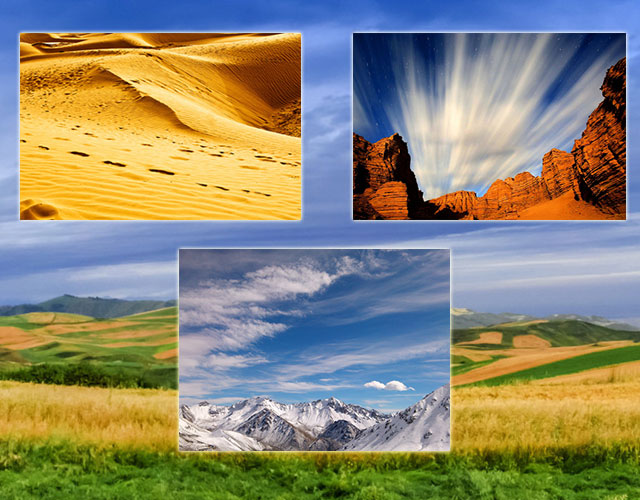
Hidden secrets of Xinjiang
Landscape
Xinjiang enjoys beautiful landscapes that are among the most varied in China. Marvel at the Insukati Valley, Flaming Mountains, Taklimakan desert, Kanas Lake and Nalat Grassland.
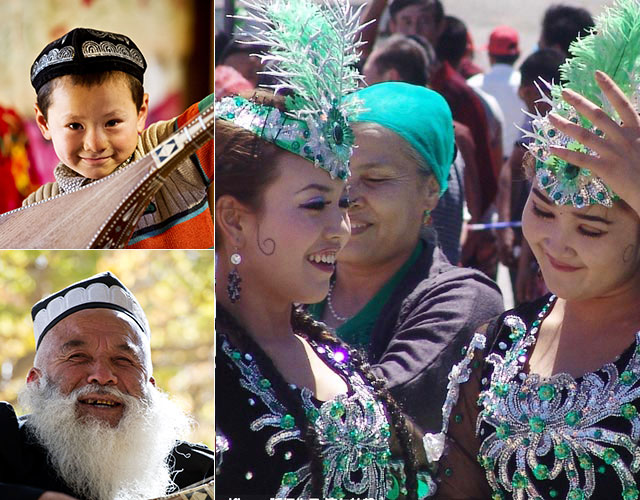
47 Ethnicities
Not all residents of Xinjiang are Uygurs. There are 47 ethnic groups represented in the region including Han, Hui, Xibe and Kazak.

Celebrity
Household names born in Xinjiang: CCTV host Nigmat Rahman (Uygur), director Lu Chuan (Han), actor Li Yapeng (Han), actress Jiang Xin (Hui) and Tong Liya (Xibe).
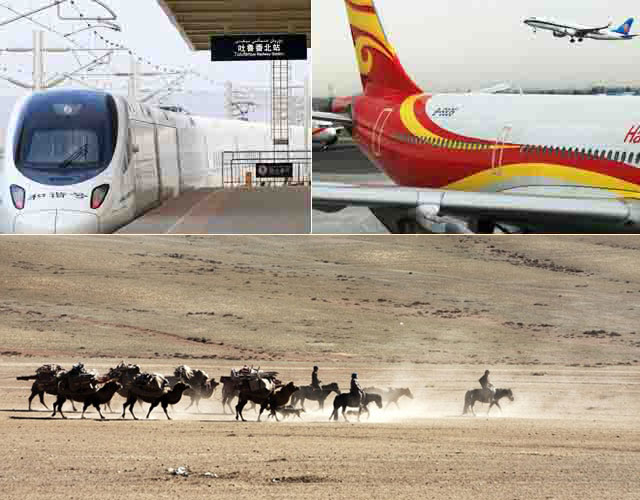
Transportation
Using horses or camels for transportation is history. Xinjiang is now no different from other places. People can choose airplanes, high-speed trains or private cars. Xinjiang has 16 airports, the most in all provincial regions, and the longest airline routes in China.

Food
Xinjiang also tempts its visitors with traditional food such as sauté spicy chicken, hand pilaf, shashlik, nang (crusty pancake) and pulled noodles, some of which are popular across China.
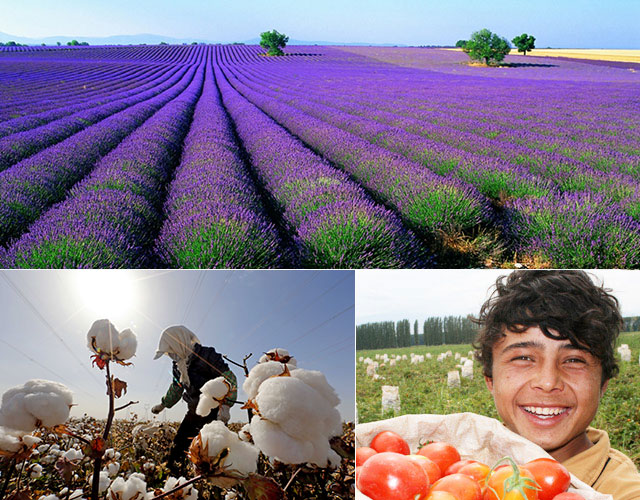
Specialties
Renowned Xinjiang specialties include cotton, tomato, lavender, mutton, beef, jujube and various fruits.
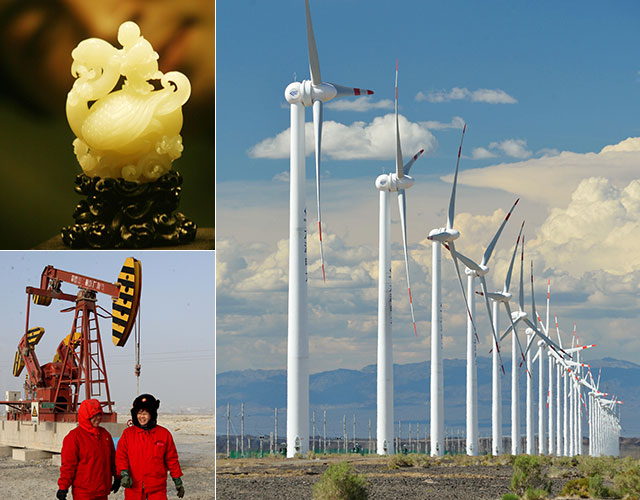
Resources
Xinjiang has the richest mineral resources in China, with 138 varieties accounting for 80.7% of the total discovered in the country.
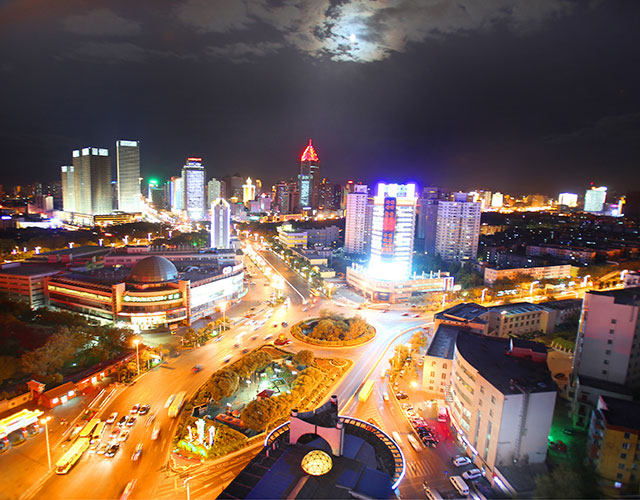
Myth-buster
It's still not dark at 10 pm in summer? Don't be surprised. Although Xinjiang uses Beijing time, it spans two time zones which are different from that of Beijing, and lags two or three hours behind Beijing time.
Day|Week

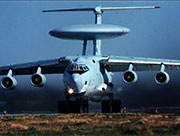 Stunning photos of air show in China’s V-Day parade
Stunning photos of air show in China’s V-Day parade Bikini models compete in oriental beauty pageant
Bikini models compete in oriental beauty pageant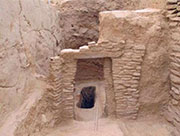 Archaeologists find 4,000-year-old sentry post in Shaanxi
Archaeologists find 4,000-year-old sentry post in Shaanxi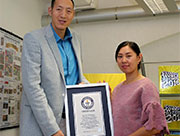 Chinese couple claim title for Guinness world's tallest married couple
Chinese couple claim title for Guinness world's tallest married couple Left-behind child faces separation from father after summer vacation
Left-behind child faces separation from father after summer vacation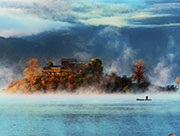 Scenic Liangshan: Photographers' paradise
Scenic Liangshan: Photographers' paradise Amazing China-made flying car expected to serve in the army
Amazing China-made flying car expected to serve in the army Bikini boxing on opening day of a bar in Taiyuan
Bikini boxing on opening day of a bar in Taiyuan Have you met her? Campus belle from Wuhan University
Have you met her? Campus belle from Wuhan University Expert reveals top five longevity acupuncture points
Expert reveals top five longevity acupuncture points